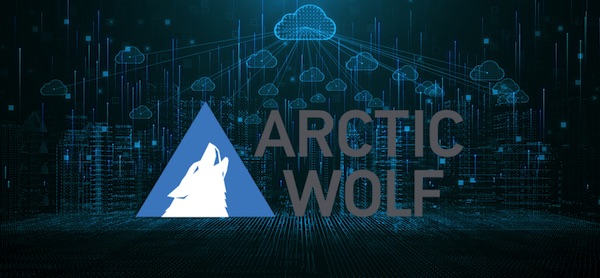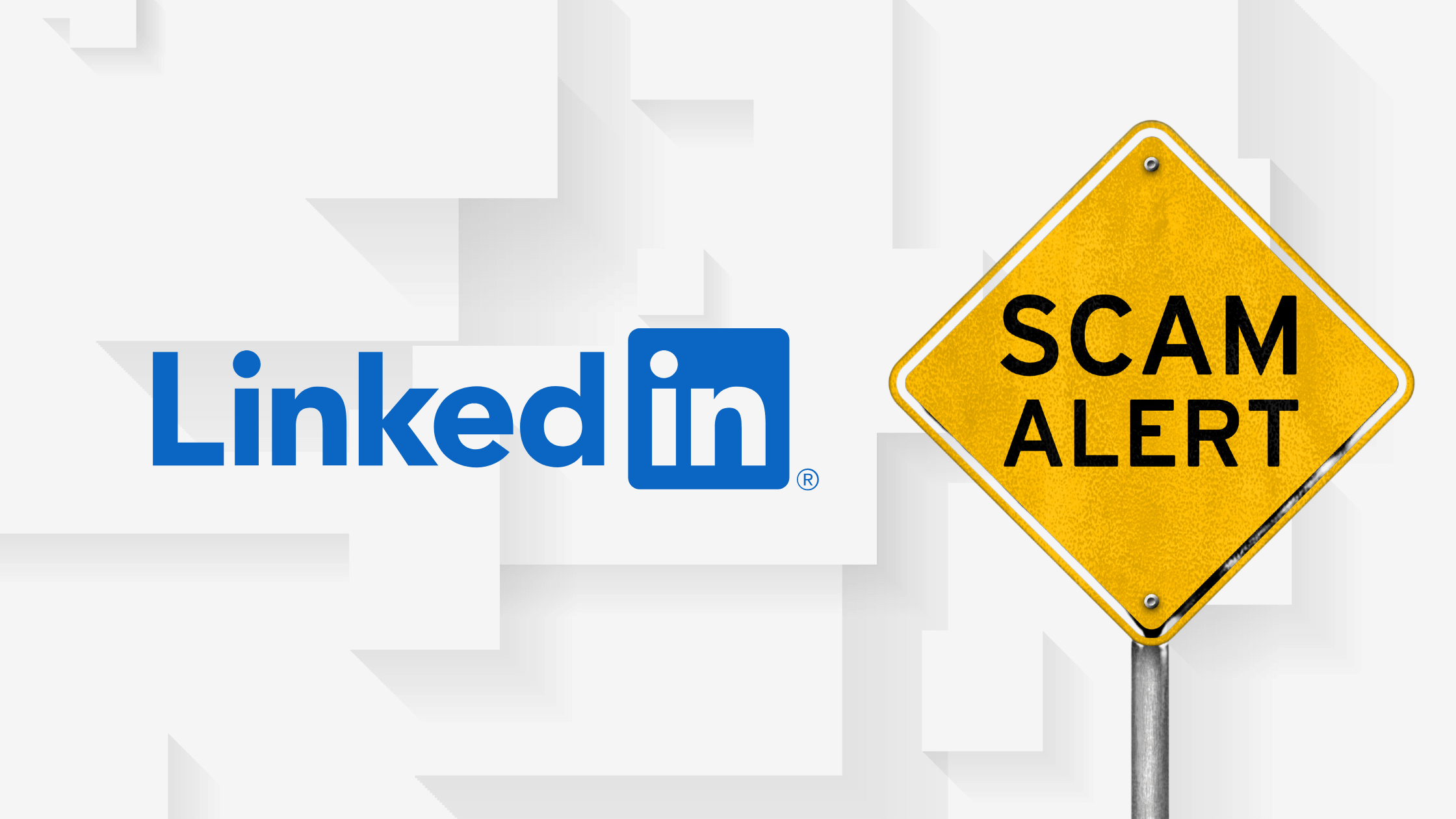Cybersecurity as a Service: What Businesses Need to Know
As businesses increasingly rely on technology for their day-to-day operations, the importance of cybersecurity has become paramount. With cyberattacks becoming more sophisticated and frequent, organizations need to prioritize protecting their sensitive data and systems.
This is where cybersecurity as a service (CSaaS) comes into play.
By leveraging managed security services like those we offer at Atlas, businesses can ensure that their network, devices and users are adequately protected against potential threats. Through a proactive and comprehensive approach, cybersecurity as a service offers businesses the peace of mind they need in today’s ever-evolving digital landscape.
Understanding the risks of cyber threats
Understanding the risks of cyber threats is crucial for any organization to safeguard its sensitive data and protect its business, staff and customers.
Cyber attacks have the potential to cause significant damage, not only in terms of financial losses but also in terms of the trust and confidence that customers place in a company. The costs of cyberattacks can be astronomical, with the average cost per breach reaching millions of dollars.
From suffering data loss and down time, to paying steep legal and PR fees, dealing with cyberattacks can level a devastating blow to organizations.
Additional needs for robust cybersecurity
In addition to the financial and reputation risks cyber attacks can pose, organizations also need to be aware of other needs for a robust cybersecurity strategy.
For example, some industries require that organizations adhere to strict compliance regulations, such as HIPAA or FINRA. Meeting these compliance regulations requires a proactive approach to cybersecurity. As such, cybersecurity as a service has emerged as a hot topic for organizations operating in highly regulated environments.
Also, the rate at which organizations are applying for cyber-insurance is on the rise, and coverage is becoming more difficult to get. Cyber-insurance policies and payouts hinge on whether organizations follow IT best practices in cybersecurity.
Therefore, businesses need to stay informed about the latest cyber threats and invest in robust cybersecurity measures to mitigate the risks and ensure the continuity of their operations. By adopting a proactive approach to cybersecurity, businesses can effectively defend against cyber threats and minimize the potential damages they may face.
Introducing Cybersecurity as a Service
As technology continues to advance, so do sophisticated cyber threats. To combat these ever-evolving risks, many organizations are turning to cybersecurity as a service (CSaaS).
Simply put, CSaaS refers to the outsourcing of cybersecurity services to a trusted third-party provider, such as a managed service provider (MSP) like Atlas. This model offers numerous benefits for businesses, starting with providing access to expert cybersecurity professionals who are well-versed in the latest threats and preventive measures.
Moreover, opting for CSaaS can be a cost-effective solution for businesses if they no longer need to invest in expensive in-house infrastructure, tools and dedicated personnel.
By taking advantage of the CSaaS approach, businesses can focus on their core operations, while ensuring a comprehensive and up-to-date security framework to safeguard their valuable assets.
Differentiating Cybersecurity Consulting and Managed Security Services
When it comes to protecting their businesses from cyber threats, many organizations turn to cybersecurity consulting and/or managed security services. But what exactly are the differences between these two approaches?
Cybersecurity consulting typically involves hiring an external team of cybersecurity experts to assess an organization’s current security measures, identify vulnerabilities and provide recommendations for improvement. Consulting services typically involve a one-time or project-based engagement, with a defined duration and often tailored to specific projects or challenges.
On the other hand, managed security services involve outsourcing the day-to-day monitoring and management of an organization’s security systems to a third-party provider. MSPs, including Atlas, can offer ongoing, long-term cybersecurity protection solutions to bolster security operations, monitor networks for threats, manage security technologies and respond to incidents.
Key Components of Cybersecurity as a Service
Outsourcing cybersecurity to the right MSP partner can offer businesses the expertise and resources needed to effectively assess and detect cyber threats, providing real-time threat detection and speedy response.
One notable provider in the CSaaS market is Arctic Wolf, which we use at Atlas. This advanced cybersecurity monitoring tool assists businesses in fortifying their cybersecurity defenses.
Arctic Wolf offers businesses managed security awareness through its Managed Detection and Response (MDR) and Cloud Detection and Response solutions. These cybersecurity solutions continually monitor networks, endpoints and cloud environments to help organizations detect, respond to and recover from cyberattacks.
In addition to including an advanced monitoring tool like Arctic Wolf, a multi-layered cybersecurity as a service program involves:
- Endpoint detection and response (EDR)
- Advanced threat detection (ATD)
- Advanced threat prevention (ATP)
- Virtual private networks (VPN)
- Multifactor authentication (MFA)
- Email spam filtering
- Firewalls
By implementing CSaaS as part of their overall security measures, businesses can stay one step ahead of cybercriminals and safeguard their valuable assets.
Your Biggest Cybersecurity Risk: Your Own People
 It’s critical that businesses provide security awareness training to staff.
It’s critical that businesses provide security awareness training to staff.
Data breaches caused by human error is a major problem, according to a recent report by Shred-It. The report found that 47 percent of business leaders had data breaches caused by human error at their organization. And with breaches costing companies an average of $3.6 million globally, the role employees play is too significant to ignore.
Five ways employees can put your organization at risk for cyber attacks include:
- Inability to recognize ransomware
- Failure to identify spear-phishing
- Poor password management
- Lack of social media awareness
- Compromising sensitive information
Establishing and enforcing regular cyber training and acceptable use policies (AUPs) should be elements of every organization’s cybersecurity strategy. AUPs set forth IT-related rules for staff.
A Tip for Finding a Trusted CSaaS Provider: SOC2 Type II Certification
Finding the right CSaaS provider is crucial for businesses looking to enhance their cybersecurity defenses. When searching for a CSaaS provider, one of the most important factors to consider is whether they earned the SOC2 Type II certification.
This certification ensures that the provider has implemented the necessary controls and safeguards to protect sensitive data and systems. Businesses can have confidence in a CSaaS provider with SOC2 Type II certification. It demonstrates their commitment to maintaining a secure environment.
Atlas earned this certification in 2021 and has renewed it every year since.
“Our clients put a lot of trust in us,” said Greg Zolkos, President and CEO of Atlas Professional Services. “We complete the annual audit for SOC2 Type II certification to make sure our internal protocols and controls are protecting our clients at the highest level possible.”
By partnering with a reputable CSaaS provider, businesses can efficiently address their cybersecurity needs and protect their organizations, staff and customers.
Looking for a cybersecurity as a service partner to help protect your organization? Contact us today to learn how we can help.





